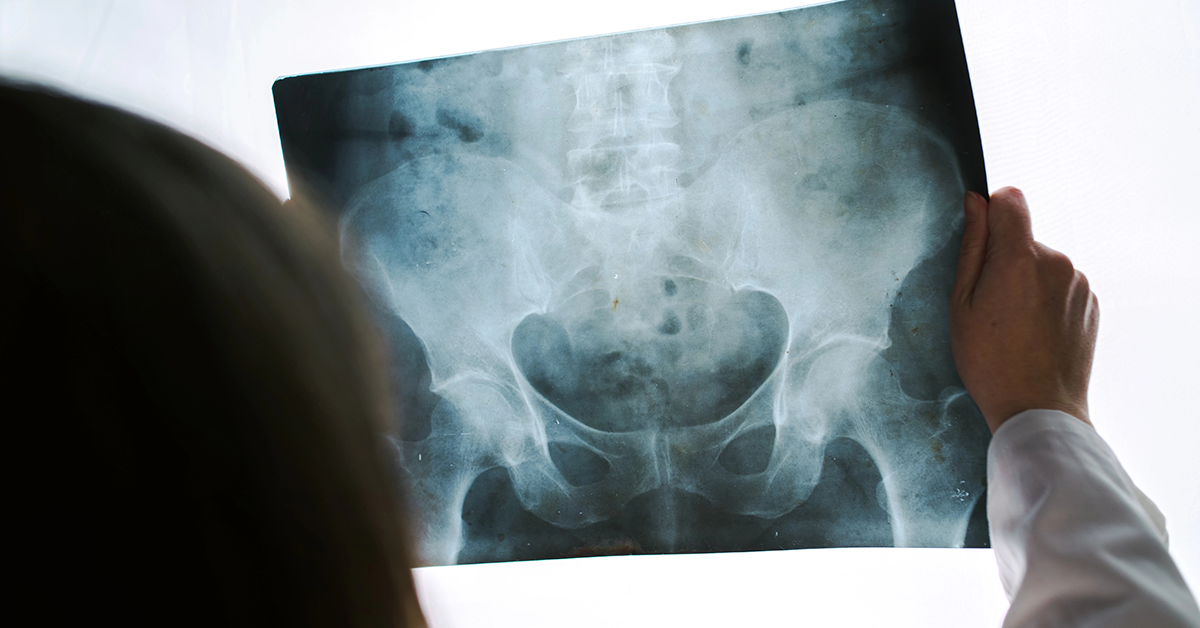
How Painful is Hip Replacement?
Hip replacement surgery is a common and highly effective procedure for relieving chronic hip pain and improving mobility. However, one of the most common concerns patients have is, "How painful is hip replacement?" Understanding the pain associated with this surgery and the measures taken to manage it can help you prepare for the procedure and recovery process.
Pain During Surgery
During hip replacement surgery, you will not feel pain because you will be under anesthesia. Depending on your specific case and the surgeon's recommendation, you may receive either general anesthesia (which puts you to sleep) or regional anesthesia (which numbs the lower part of your body). Both methods ensure that you remain comfortable and pain-free during the operation.
Immediate Postoperative Pain
After the surgery, it is normal to experience some pain and discomfort as your body begins to heal. The surgical site will be sore, and you may feel stiffness around the hip. However, modern pain management techniques are very effective in controlling postoperative pain. These can include:
- Medications: You will be given pain-relief medications, such as opioids, nonsteroidal anti-inflammatory drugs (NSAIDs), and acetaminophen, to help manage pain.
- Nerve Blocks: In some cases, nerve blocks are used to provide targeted pain relief in the hip area.
- Ice and Elevation: Applying ice and keeping the leg elevated can help reduce swelling and pain.
Pain During Recovery
The intensity of pain typically decreases significantly within the first few days to weeks after surgery. Physical therapy will begin soon after the operation to help you regain strength, flexibility, and mobility. While physical therapy exercises may cause some discomfort initially, they are crucial for a successful recovery. Your therapist will work with you to manage pain while ensuring you make steady progress.
Long-Term Pain Relief
For most patients, the long-term outcome of hip replacement surgery is a significant reduction in pain compared to their preoperative condition. Chronic hip pain from conditions like osteoarthritis is typically much more severe and debilitating than the postoperative pain experienced after surgery. Once you have fully recovered, you can expect a dramatic improvement in your pain levels and overall quality of life.
Managing Pain Expectations
It is essential to have realistic expectations about pain management during the recovery process. Here are some tips:- Follow Your Pain Management Plan: Take medications as prescribed by your doctor and use other pain relief methods as recommended.
- Stay Active: Gentle exercises and walking can help reduce stiffness and improve circulation, which can aid in pain relief.
- Communicate with Your Healthcare Team: If you experience severe or unusual pain, contact your doctor or physical therapist. They can adjust your pain management plan to better suit your needs.
While some pain and discomfort are expected after hip replacement surgery, modern pain management techniques and a comprehensive recovery plan can help you manage and reduce this pain effectively. The short-term discomfort is often outweighed by the long-term relief and improved mobility that hip replacement surgery provides. By following your healthcare provider’s instructions and staying proactive in your recovery, you can achieve a successful outcome and enjoy a significantly better quality of life.
